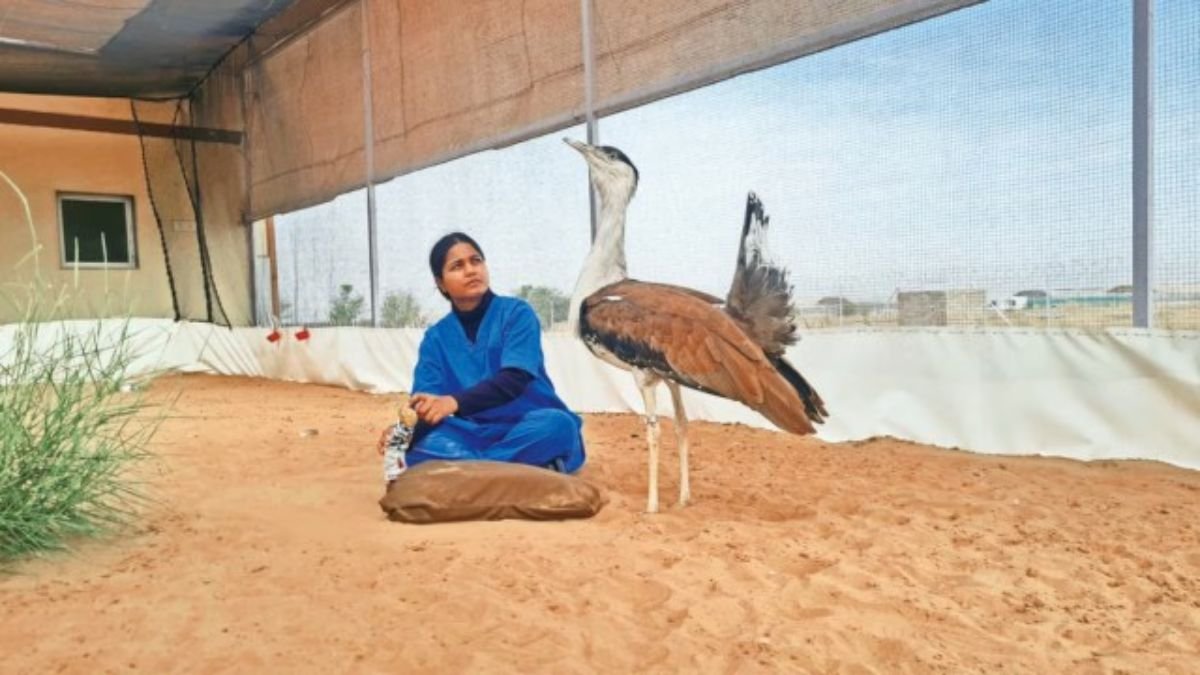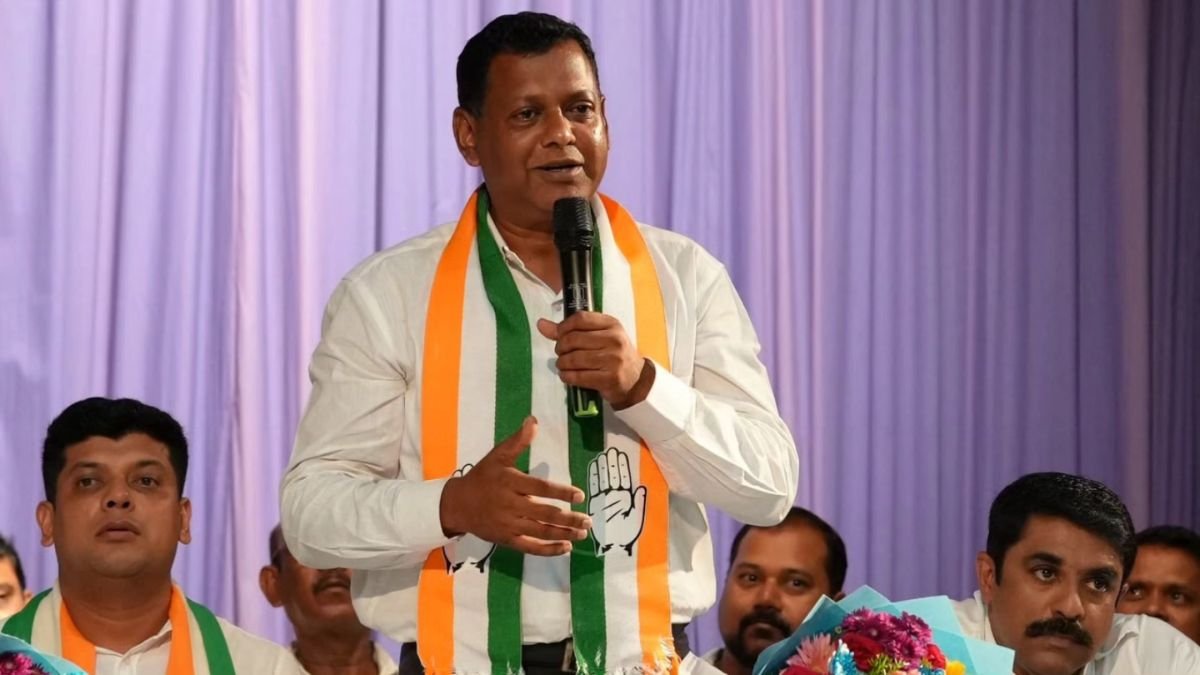Political Upheaval And Economic Crisis In The Indian Subcontinent: A Look At Nepal, Sri Lanka, Pakistan, Maldives, Myanmar, And Bangladesh

The entire Indian subcontinent is in political and economic turmoil, with the exception of Bhutan and Bangladesh, two of India’s closest allies. Nepal has had 11 different governments in the 11 years since the Hindu Himalayan Kingdom became a republic in 2008. With the Nepalese Communist Party once again in disarray, former Maoist leader P.K. Dahal aka Prachanda must try to win a vote of confidence in the House of Representatives with the support of the Nepali Congress. The crisis started when Dahal’s party backed the Nepali Congress candidate for president, leaving the CPN (UML) led by K.P. Sharma Oli without a candidate.
Since the monarchy was deposed, the Himalayan Republic’s politicians have been more concerned with retaining their positions in power than with improving the lives of the impoverished people who live there. In Kathmandu, there is also the game of pitting India against China in exchange for economic or infrastructure aid. However, if the Nepali rupee had not been pegged to the Indian rupee at a rate of 1.6, and if Kathmandu had not been allowed unlimited rupee borrowing from India, Nepal would have been in the same or worse position as Sri Lanka or Pakistan. To put it another way, if Nepal fails, the world’s fifth-largest economy will suffer.
The current political turmoil has ensured that the country’s President is a single member of Parliament from a single party, with others either completely discredited, as the Rajapaksas were, or afraid to face the wrath of the general public. This is despite India providing USD four billion in bilateral aid to Sri Lanka since 2021 to help the island nation overcome its deepening economic crisis. Sri Lanka is on the verge of further political and economic turmoil unless the United States and Japan join forces to support the International Monetary Fund’s (IMF) arrears loan to help Colombo weather the worst economic crisis with its meagre USD 500 million in foreign exchange reserves. In response, India has endorsed the IMF’s DSA-based proposal.
Food and fuel shortages, terrorist attacks, and political upheaval have rocked the Islamic Republic of Pakistan, and virtually all political parties have failed to provide effective leadership. Despite having its loans refinanced by big brother China, the Pakistani Rupee-US Dollar exchange rate is extremely high, and the country’s foreign exchange reserves are at an all-time low. Despite the dire predictions, Pakistan’s deep state continues to play games in India, encouraging Sikh extremism in Punjab and killing innocent Pandits in Kashmir. The Islamic Republic actively supports terrorist groups fighting against the ruling Sunni Pashtun force in Afghanistan and is at odds with the Taliban rulers over the Durand Line, which serves as the international border. Another source of contention is Pakistan’s claim that the Taliban is assisting the terrorist organisation Tehreek-e-Taliban in Pakistan in carrying out attacks on the Islamic Republic’s Army and security forces.
The Maldives is in the grip of political turmoil, as the feud between President I.M. Solih and former President Mohammed Nasheed reaches new heights, and the economy is still reeling from the devastation of the global pandemic. While the rest of the world, including former ally Pakistan, has yet to recognise the Taliban’s rule in Afghanistan, the Emirate has been reduced to a state of emergency, with minorities, women, and children bearing the brunt of the conflict between the Taliban’s ultraconservative Kandahari faction and the pragmatic Kabul faction.
Infamy throughout the world In Myanmar, which is currently ruled by a military junta, no transition to democracy or even a semi-democratic polity is possible in the near future. Myanmar is practically a client state of China behind the bamboo curtain, and the country is currently experiencing an economic crisis with little to no input from the country’s poor population.
Bangladesh must avoid being dragged into the political and economic turmoil that has befallen many of its neighbours as it prepares for a general election in January 2024. Given the current climate of Islamic radicalization in Bangladesh, the Bangladesh Nationalist Party, which has been out of power since 2006 and is led by the radical Khaleda Zia, will pose a formidable challenge to Prime Minister Sheikh Hasina. In the face of a regional crisis, India’s Prime Minister Narendra Modi must remain vigilant.
The Hindustan Herald Is Your Source For The Latest In Business, Entertainment, Lifestyle, Breaking News, And Other News. Please Follow Us On Facebook, Instagram, Twitter, And LinkedIn To Receive Instantaneous Updates. Also Don’t Forget To Subscribe Our Telegram Channel @hindustanherald








